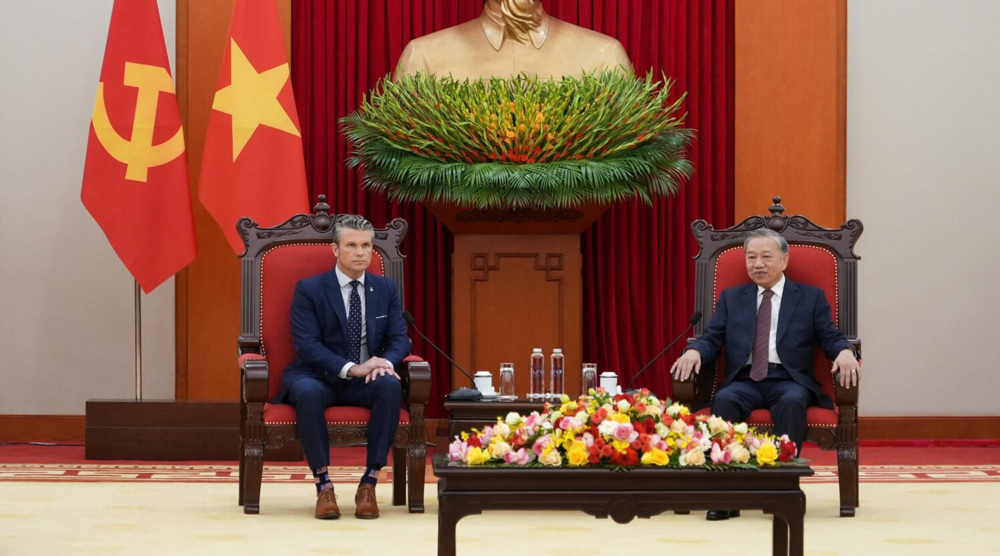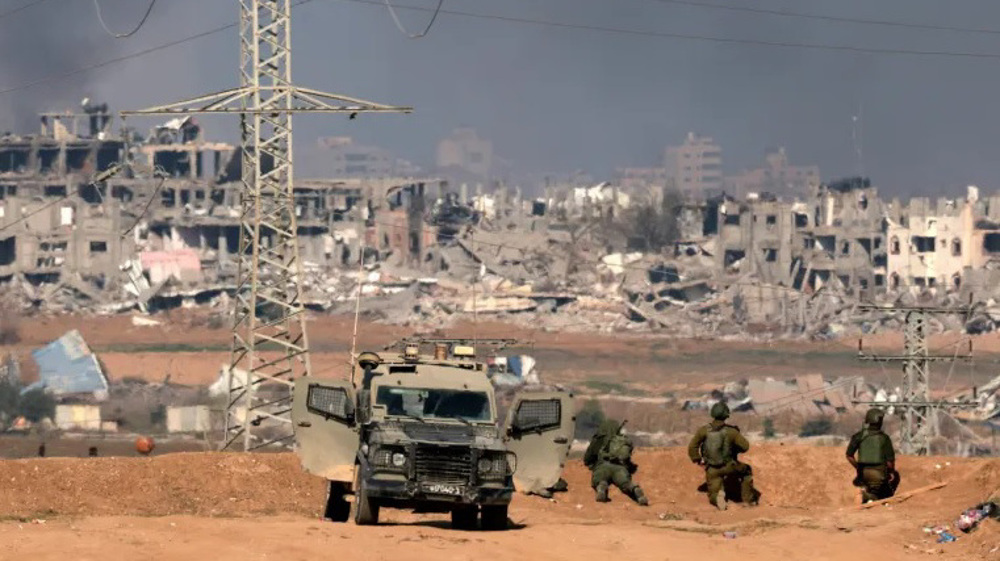Violations against Rohingyas may amount to crimes against humanity: UN
The United Nations (UN) has warned that widespread and ongoing human rights violations against Myanmar's Rohingya Muslims could amount to crimes against humanity.
In a report released on Monday on the situation of minorities in Myanmar, the UN human rights office said Rohingyas in the Southeast Asian country are subject to multiple and aggravated forms of human rights violation, including citizenship denial, forced labor and sexual violence.
The world body said it had found "a pattern of gross human rights violations against the Rohingya ... (which) suggest a widespread or systematic attack ... in turn giving rise to the possible commission of crimes against humanity if established in a court of law."
The report called on Myanmar to launch an independent and comprehensive investigation into all rights abuses against Rohingya Muslims.
Meanwhile, UN human rights chief Zeid Ra'ad Zeid al-Hussein warned, in a statement, that Myanmar had "inherited a situation where laws and policies are in place that are designed to deny fundamental rights to minorities, and where impunity for serious violations against such communities has encouraged further violence against them."

The UN High Commissioner for Human Rights stressed that discrimination against Muslims across Myanmar has been extensive and rampant.
"It will not be easy to reverse such entrenched discrimination," Zeid insisted, adding, "It must be a top priority to halt ongoing violations and prevent further ones taking place against Myanmar's ethnic and religious minorities."
During its year-long probe, the UN rights office found that there had been "an alarming increase" in religious intolerance and incitement to hatred by ultra-nationalist Buddhist groups in the country against the Rohingya Muslims.
The UN and the European Union (EU) expressed hope earlier that conditions would improve under Aung San Suu Kyi’s government. Many international observers were also hoping that the change in rule will improve the condition of the country's persecuted Muslim Rohingya ethnicity.

However, Suu Kyi, who is a Nobel Peace Prize laureate, has come under fire by rights groups for her stance on the violence against Rohingyas.
Rohingya and other Muslims have faced torture, neglect, and repression in Myanmar for many years. A large number of Rohingyas are believed to have been killed and tens of thousands displaced in attacks by extremists who call themselves Buddhists.
Myanmar’s government refuses to recognize Rohingya Muslims as citizens and labels them as “illegal” immigrants.
Rohingya Muslims have been denied Myanmar citizenship since a new citizenship law was enacted in 1982, and there have been a number of attacks against Rohingyas over the past years.
FM Araghchi departs Muscat for Doha following nuclear talks with US
Israeli keeps killing more Palestinian civilians in Gaza amid relentless ceasefire violations
Aliyev: Azerbaijani territory will not be used for threats against Iran
Turkey arrests two on charges of spying for Israeli regime
Iran FM declares ‘good start’ as US–Iran talks conclude in Muscat
Iran strongly condemns 'terrorist' mosque blast in Islamabad
Iran enters talks backed by national power, popular support: MP
France, UK involved in assassination of Muammar Gaddafi's son: Reports















 This makes it easy to access the Press TV website
This makes it easy to access the Press TV website